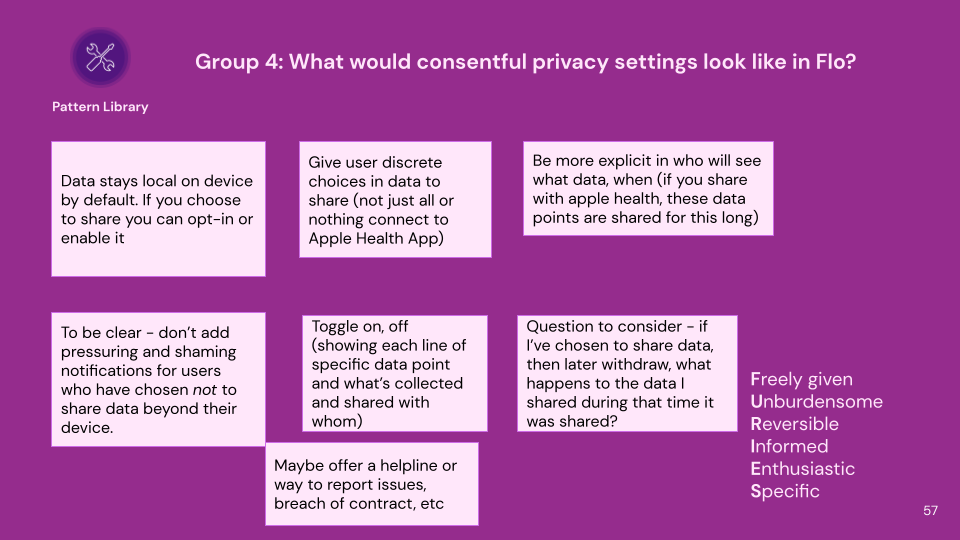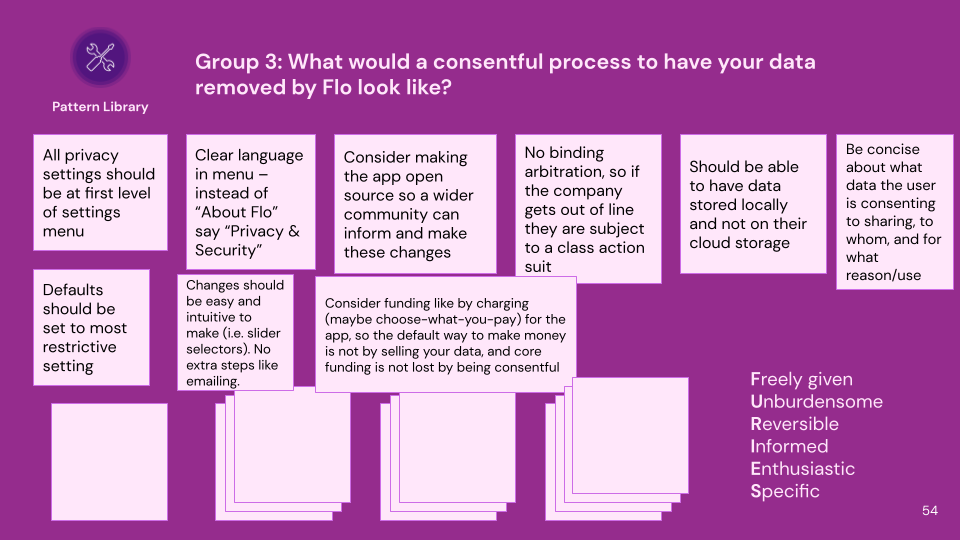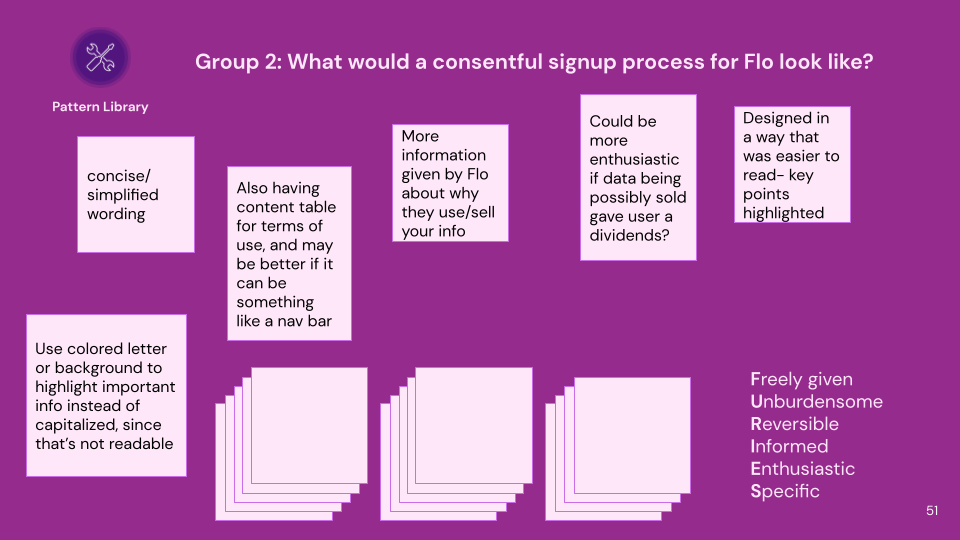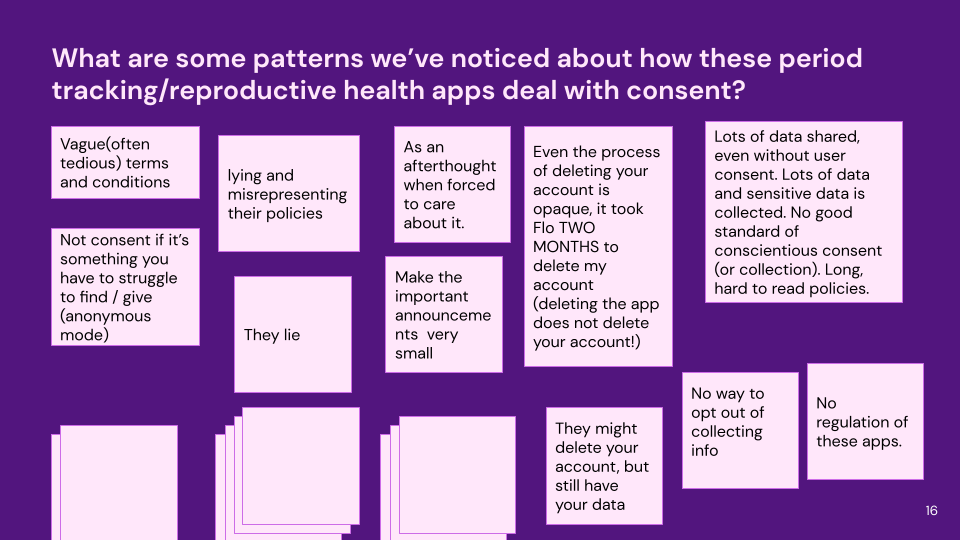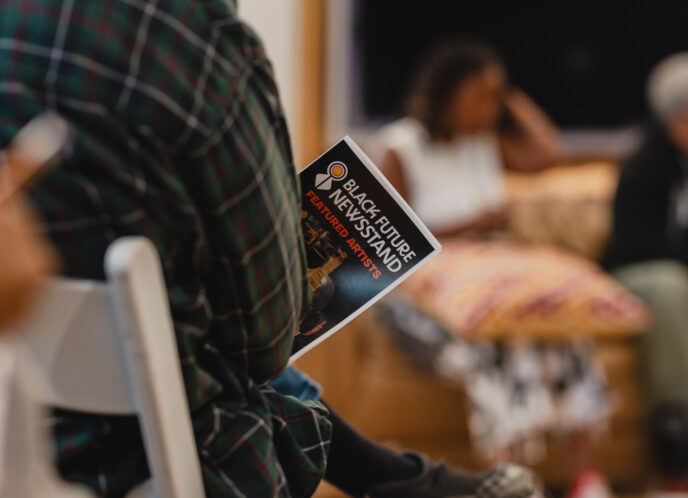From COVID-19 to abortion access to Monkeypox, we continue to see massive public health failures. In the face of this organized abandonment and criminalization, we are simultaneously struggling against the impact of profit-driven technology that catalyzes mass surveillance and rampant misinformation and disinformation. The MediaJustice Network’s Fall political education series is examining the current landscape of public health, technology, & information with a historical and structural lens.
Read, watch, and find resources below from our collective learning throughout the series. Across the MediaJustice Network we’re examining the public health information sharing environment and how it intersects with surveillance, misinformation and disinformation. You’ll also find tools and frameworks to support media literacy and agency over our data that are emerging from this Fall’s dialogues.
Public Health and Surveillance: A MediaJustice Panel
With Kenyon Farrow, Jamie Garcia, Bita Amani and Alice Aguilar, moderated by Rose Lang-Maso
What can we learn from the history of the criminalization and stigmatization of infectious disease to understand today’s landscape of health inequity? How does data secured in the name of public health relate to surveillance? How do we harness technology to build the power of our communities?
MediaJustice Network members joined in discussion with writer/activist Kenyon Farrow, whose work has long focused on public health and infectious disease with a focus on racial, gender and economic justice; Jamie Garcia, registered nurse practicing in the community of Boyle Heights, Los Angeles who has organized with the Stop LAPD Spying Coalition for over a decade, Bita Amani, a social epidemiologist who also works with the Stop LAPD Spying Coalition, and whose work highlights how state-sanctioned disinvestment and violence creates and maintains racial inequity through public health crisis; and Alice Aguilar, Executive Director of Progressive Technology Project and Board Co-Chair of May First Movement Technology, who works with organizers on political education related to technology, abolition, and resistance movement infrastructure. The panel was moderated by Rose Lang-Maso, Campaign Manager at Free Press, a nonprofit which sits at the intersection of media and tech justice.
Click here to watch the recording.
Public Health and Racialized Disinformation: A Youth-led Intergenerational Conversation
Generation Justice Leaders for Change Fellows Adiana Cordova and Gianna Ramirez have been learning about and tracking racialized disinfo with Rumsha Sajid, MediaJustice’s National Field Organizer on Policing and Surveillance since last summer. Gianna interviewed Rumsha via FB Live, having an intergenerational conversation about what youth leaders in the media justice movement are learning about racialized disinfo, how it has impacted their communities, and sharing new ways to resist and disrupt the harm.
MediaJustice Network member Generation Justice (GJ) is a multiracial, multicultural project that trains youth to harness the power of community and raise critical consciousness through leadership development, civic engagement, media production and narrative shift in the areas that most impact New Mexicans— racial justice, health, education, early childhood development, and economic security. GJ’s mission is to inspire youth to become multidimensional leaders who are committed to social transformation. In New Mexico, GJ has been recognized as the premier youth media and leadership group, and locally and nationally, has been the recipient of numerous awards.
Click here to watch the recording.
Designing Consentful Health Technologies
Workshop facilitated by Una Lee, Founder of the Consentful Tech Project
What might health tracking apps look like if they were designed to be consentful? Many of us rely on apps and devices to track our health data because they’re so convenient and easy to use. But we might not be sure exactly what we’re consenting to when we use them, and that’s no accident.
In this workshop, we’ll look closely at technologies that track our health data, for example period trackers and step counters. We’ll expose the ways they might be working without our consent. We’ll then use some simple design exercises to create alternative mockups for health technologies that are based in good consent rather than extraction.
No design experience is necessary. Please join with something you can record your thoughts on, whether that’s a pen and paper or a blank text document on your computer.
Missed this workshop? Check out the resources below:
- Consentful Tech Project
- Digital Defense Fund educational resources on privacy, safety, and security
- Mozilla review of reproductive health apps
Check out some of the thinking that came out of the workshop:
